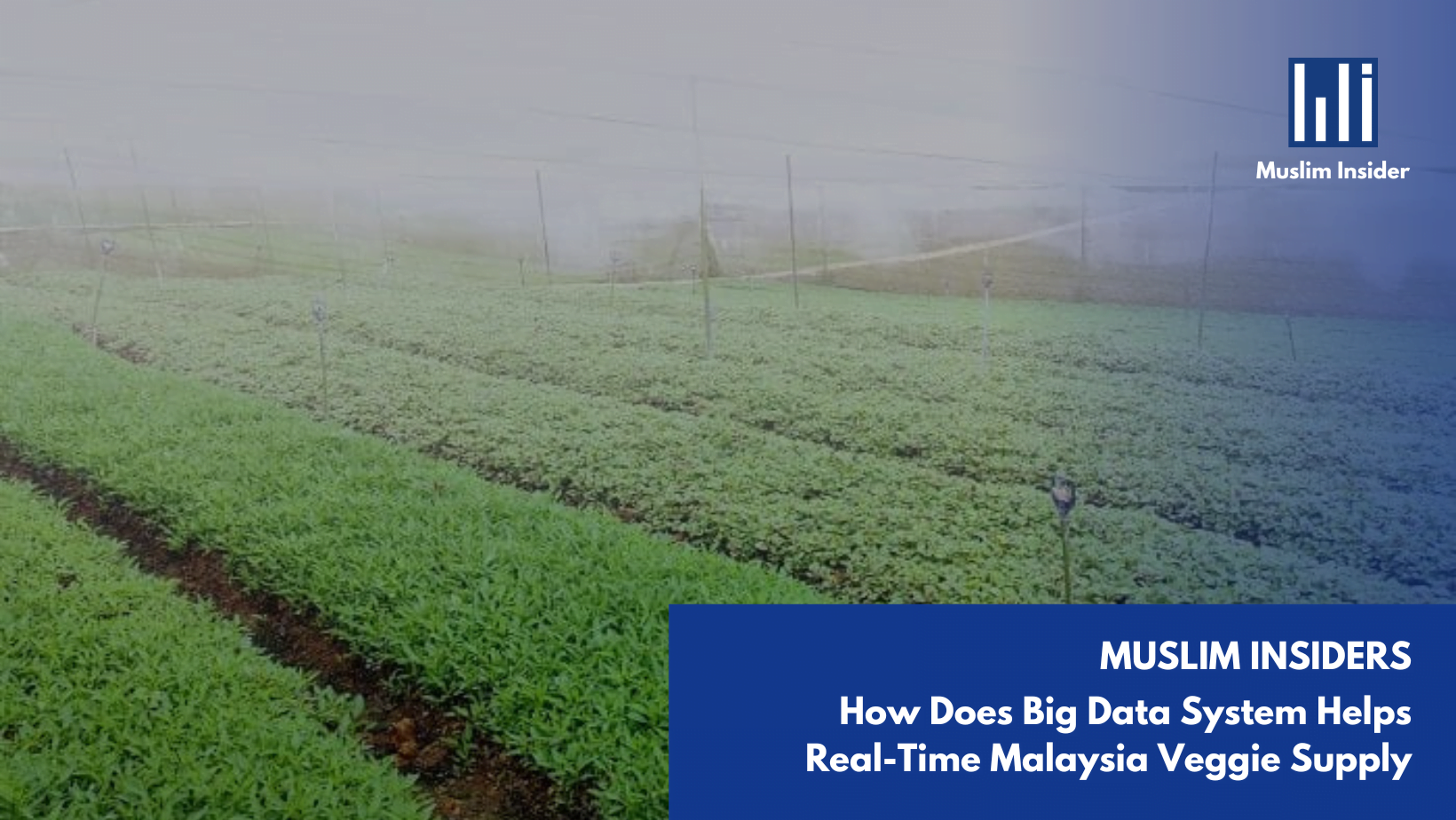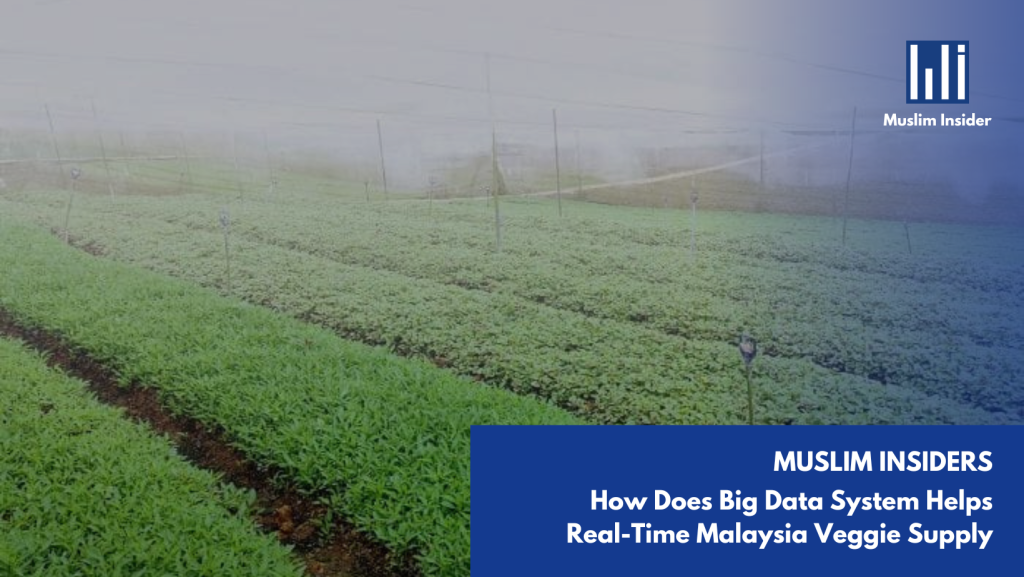How Does Big Data System Helps Real-Time Veggie Supply in Malaysia?


The Ministry of Agriculture and Food Security (MAFS) is currently working on setting up a big data system to gain real-time data about the vegetable supply in Malaysia. While the system is not guaranteed to be completed by the end of 2023 this year, there is a progression of efforts needed to make it happen.
What is big data?
Big Data stores massive quantities of complex data, especially from new data sources that are growing with time. There are six Vs in big data: volume, variety, velocity, value, veracity, and variability, which are known to describe them the best. Examples of different types of data could be in text, images, videos, and others. They are classified into structured data, unstructured data, and semi-structured data. Before these data were analyzed, they went through processes called extract, transform, and load (ETL). Big data is beneficial to businesses because it provides insight through various types of analytics.
What is a big data system?
The big data system is designed to manage and analyze large and complex datasets. It will have to deal at stages for every characteristics of the data. One example of platform that implements big data systems is Amazon Web Services (AWS), which offers cloud-based services to process and analyze huge, complex data sets. With this system, organizations can make accurate data-driven decisions and get business insights that could help optimize business operations and reduce costs.
How does it help the real-time veggie supply?
Monitoring and Avoiding Vegetable Supply Overproduction
With the big data system, it can help monitor the vegetables closely. Monitoring with the big data system can help with finding out about market prices of vegetables, vegetable crop health, real-time vegetable supply, the trend of vegetable demand, and more.
During the festive season and the month of Ramadan, the demands are quite low compared to the usual months. To avoid overproduction during the holiday season, the vegetables must be monitored and controlled so that supplies do not exceed demand. If demand is low and there are too many vegetable supplies, the prices will be reduced. This would cause a huge loss to the farmers.
Enhancing Food Supply Sufficiency
The big data system also plays an important role in identifying the reduction in vegetable supply and maintaining the right amount so that it is sufficient. When the system detects a decrease in the available food supply, the relevant person will be alerted to take suitable measures to meet the targeted supply for specific months or days. Furthermore, the big data system facilitates the identification of specific vegetables that need to be cultivated, streamlining the planning and production processes.
In Malaysia, there has been a shortage of sugar during Muslims’ fasting months in Ramadhan and Eid month in Syawal that occurs in some places, while others are sufficient in supply. The real-time information provided by the big data system that showed shortages of vegetables happened during certain periods will help mitigate the issue.
By investing in big data systems for their insights, timely measures and prevention can be applied to mitigate the issues. With this, adequate supplies of vegetables can be ensured to meet the demand of consumers during the festive holidays. This will not only improve food supply sufficiency but also contribute to a resilient and adaptable vegetable supply chain, making sure consumers needs are met in challenging circumstances.






